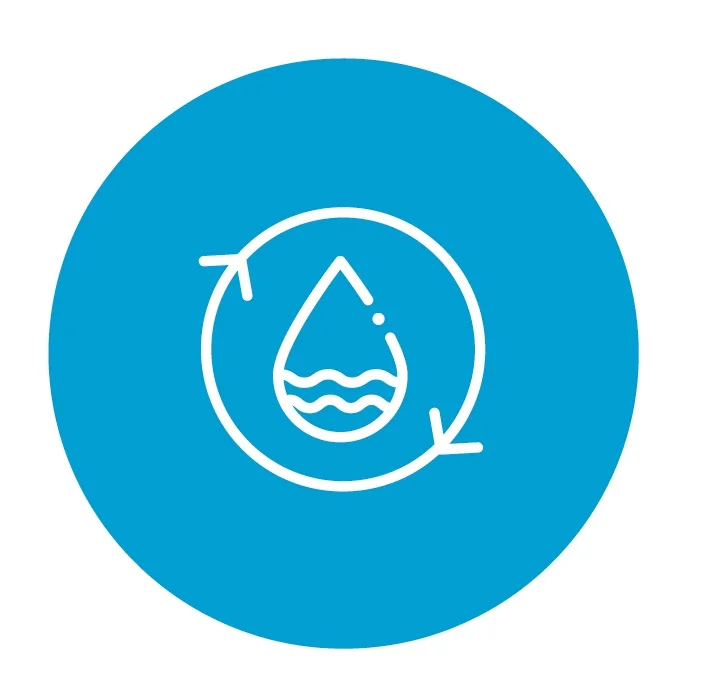Economic Viability
Economic viability is informed by financial analysis but takes a broader approach to costs and benefits than just financial considerations. The economic analysis typically encompasses a larger geographic scale, examining the national or regional implications of the project and social and environmental externalities.
The main method for assessment of economic viability of a project is a Cost-Benefit Analysis (CBA). Costs and benefits are expressed as far as possible in monetary terms so that they can be compared on an equal level. A project is assessed as economically viable if the project benefits exceed the project costs.
Understanding good practice
Conducting economic viability assessments can help to confirm a rationale for public investment, to fulfil regulatory requirements, or to demonstrate to project stakeholders that the project will provide an overall economic benefit to a region.
International industry good practice in economic viability for hydropower projects is defined in the Hydropower Sustainability Guidelines on Good International Industry Practice (HGIIP).
Assessing project performance
Two assessment tools are available to measure hydropower project performance:
In Hydropower Sustainability Assessment Protocol (HSAP), Economic Viability is addressed in P-11 for the preparation stage.
In Hydropower Sustainability ESG Gap Analysis Tool, Economic Viability is not addressed in the HESG Tool.







